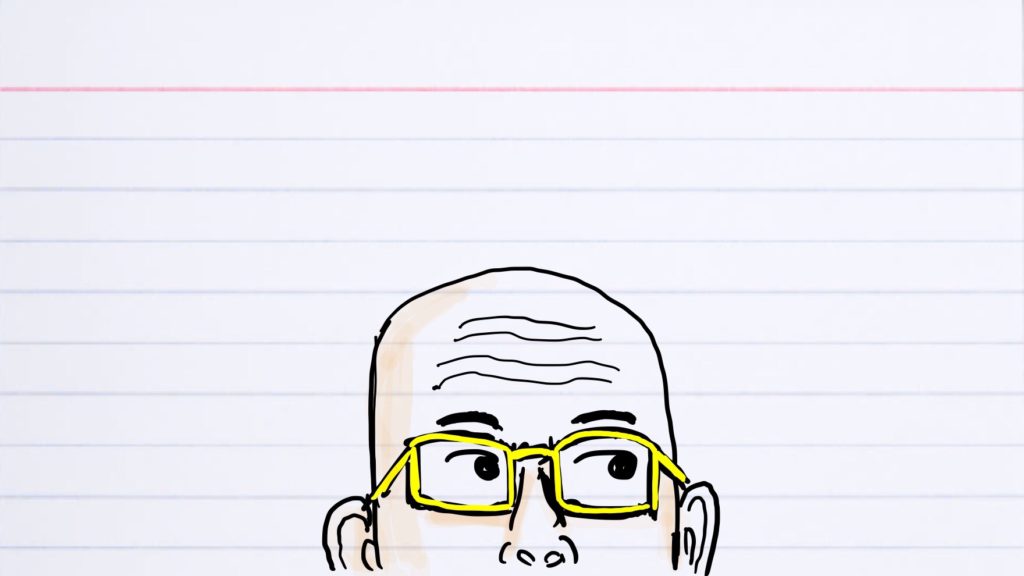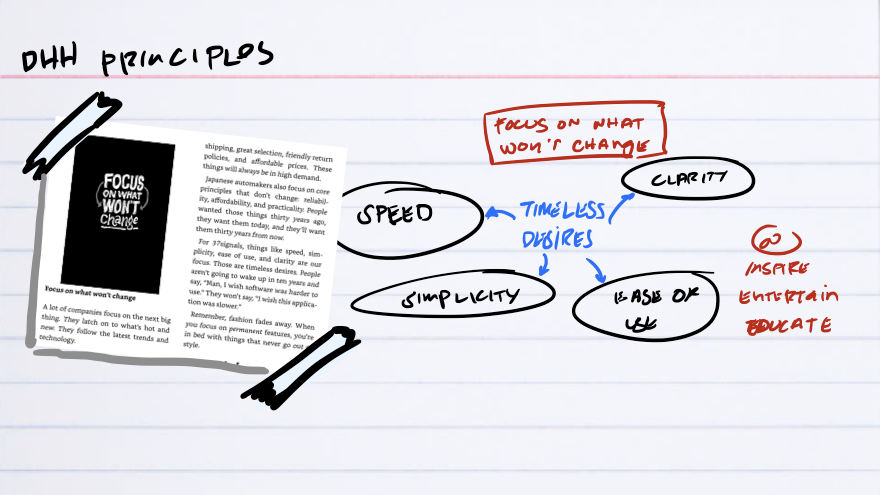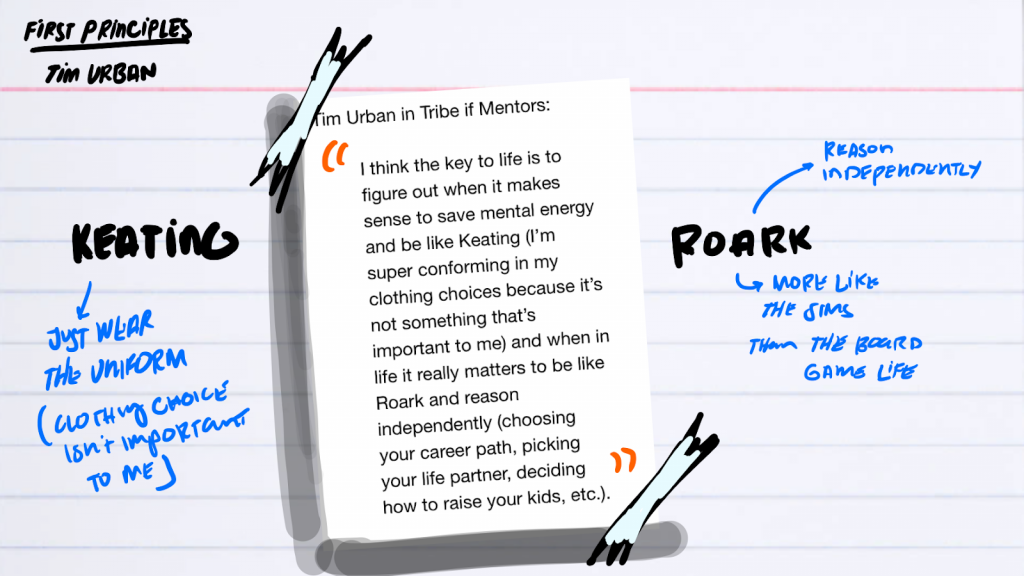I am not a world class DJ and drummer.
I am not sending people to Mars. I am not a world renowned in marketing.
In Creative Quest, Questlove talks about looking in the future and figuring out what you do not want to become:
And once I cleared all of that out, the essence of what I was doing—breakbeat drumming, feng shui melodic DJing—became something I could wear proudly, rather than something I felt apologetic about. Deciding what you’re not before you decide what you are lets you stand strong in your own category.
I’ve been trying to write, make videos, and do a podcast. I try to keep them in a format that I’m able to do from start to finish in a few hours. (Short posts, short videos, and a low-production podcast.)
I won’t write books with deep, deep academic research. I won’t be a world class illustrator. I won’t make highly produced podcasts.
I’ll try to learn what I can about being creative and share that with others. It’s not the most niched-down, strong stance, but it feels a little bit stronger now than it did when I started writing this post.
(Check out a few recent posts if you’re interested in space or marketing.)




